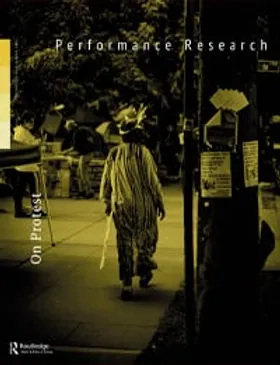World Social Forum (Venezuela) 2006
This year’s WSF could have been a much tamer affair if it hadn’t been held in the insurgent city of Caracas Latin America ’s current radicalization. While former forums have attempted to eschew political ideology, this year’s event was haunted at every turn by the spectre of socialism. Across the city, buildings were plastered in revolutionary slogans and spectacular murals of Simon Bolivar, Che Guevarra and Hugo Chávez. Many of the events took place in the Bolivarian University
80,000 people made their way to the city for the four-day conference that united NGOs, activists and revolutionaries. At the same time, activists in Africa met in Bamako , Mali Karachi
The preponderance of socialist discourse gave a kick to what could easily have become an academic conference, disconnected from the reality being lived by the poor the left claims to represent. Indeed, this was the critique of Manuel Barreto, a coordinator of the Bolivarian Mision in La Vega. “The Social Forum takes place in the universities and hotels downtown, but the real revolution is happening here in the barrios.”
Nevertheless the forum brought together activists, NGOs and trade unionists from across the hemisphere to debate ideas and expand networks. Although the Forum is not a decision-making body, the week ended with a declaration for global action against the war in Iraq
But this is not an alliance that is always in agreement. Much enthusiasm could be seen for the wave of social democrats in Latin America who have found electoral success recently. A placard produced by the Venezuelan government read: “Another Americas Brazil Lula , Argentina Kirshner , Chile Lagos Bolivia Mexico
At the same time, however, panels ranged on subjects as diverse as the legacy of Che Guevarra, the meaning of socialism in the twenty-first century, post-capitalist economics, the place of women in the Bolivarian revolution and the global movement for peace.
Despite these differences, the 2006 World Social Forum should be seen as a moment that pushed the anti-capitalist movement forward, by linking groups and strengthening networks opposed to capitalism, providing a space for debates within the movement and most of all, for resurrecting the ghost of socialism for a new generation.



Comments
Post a Comment